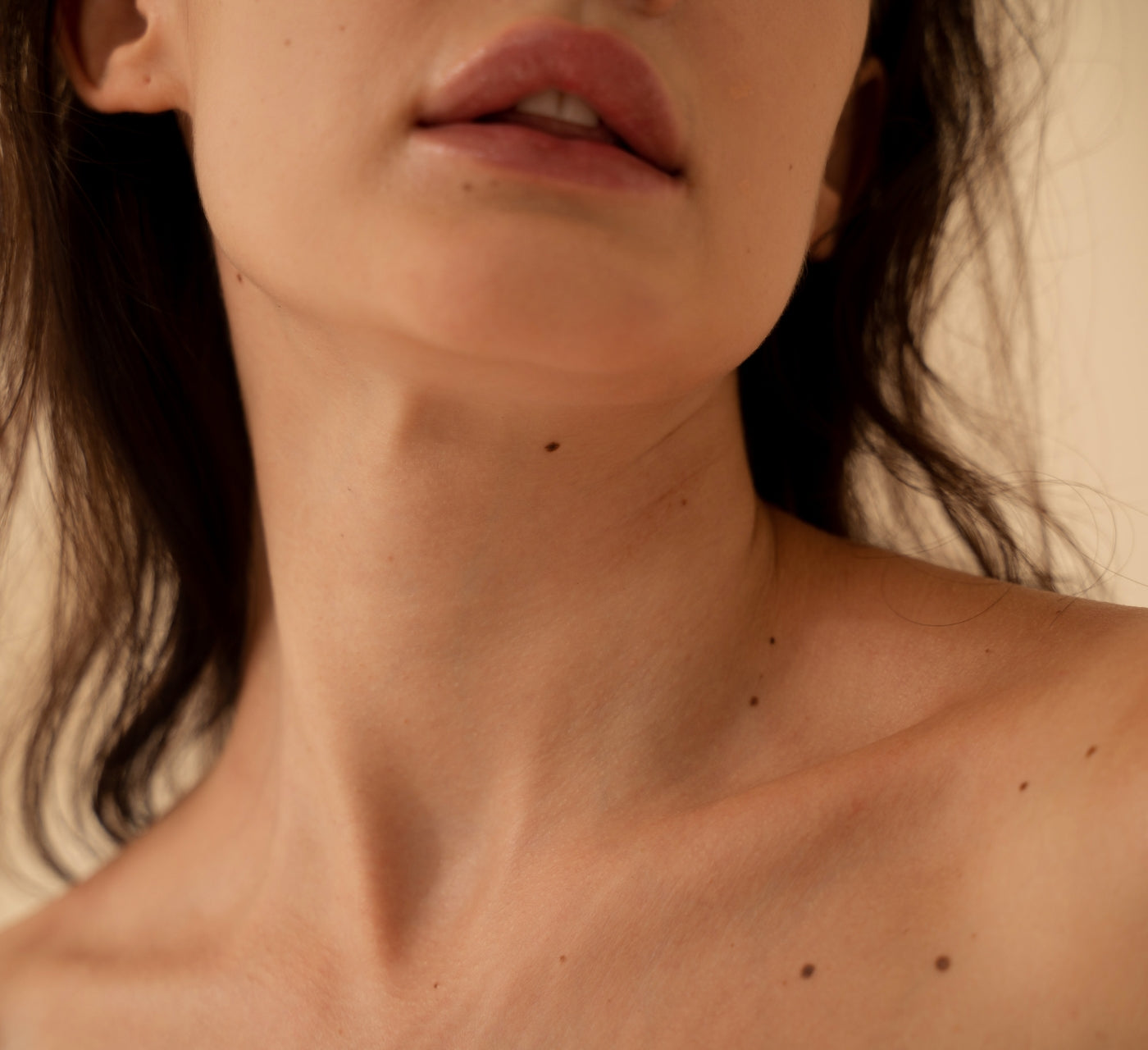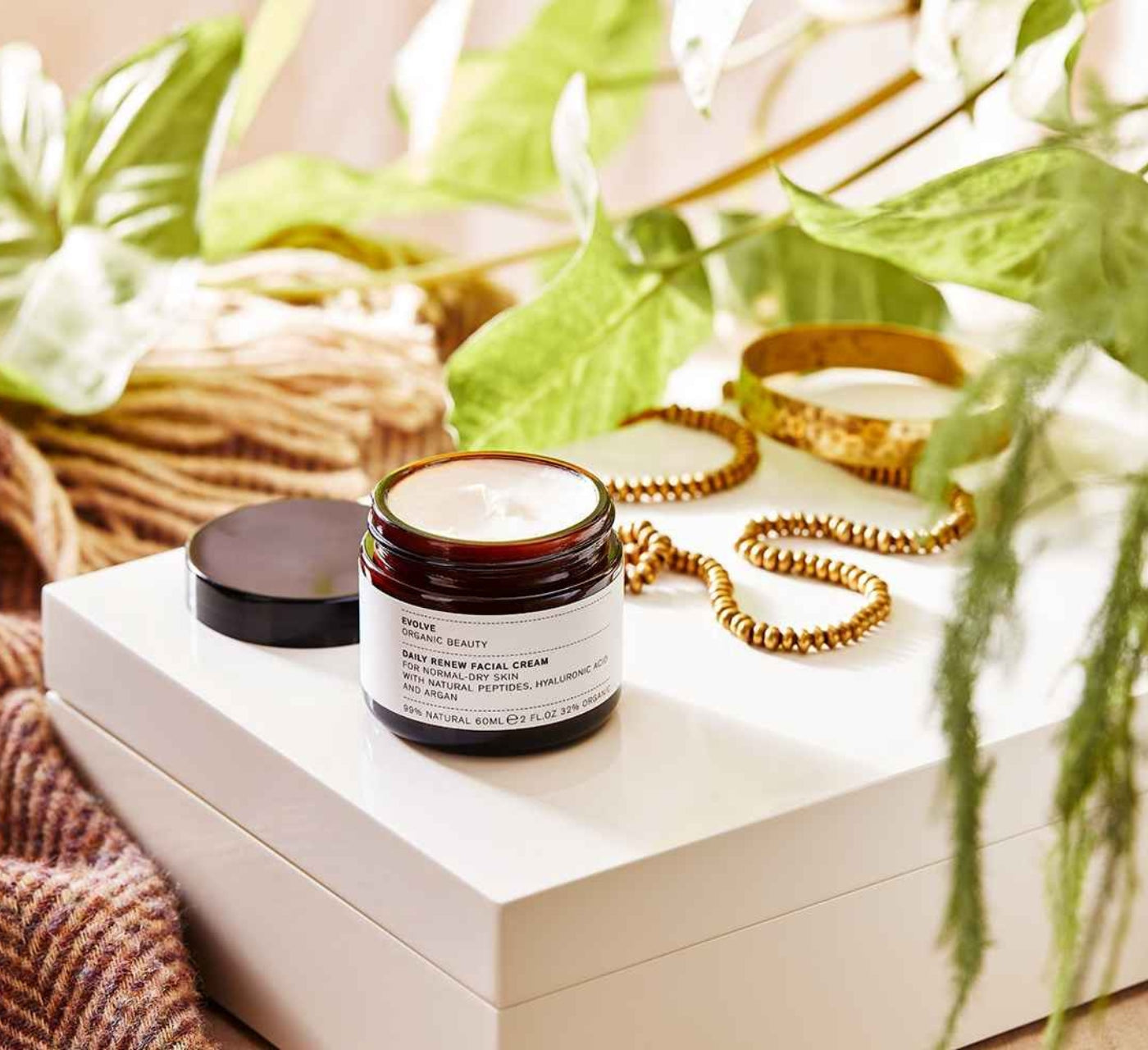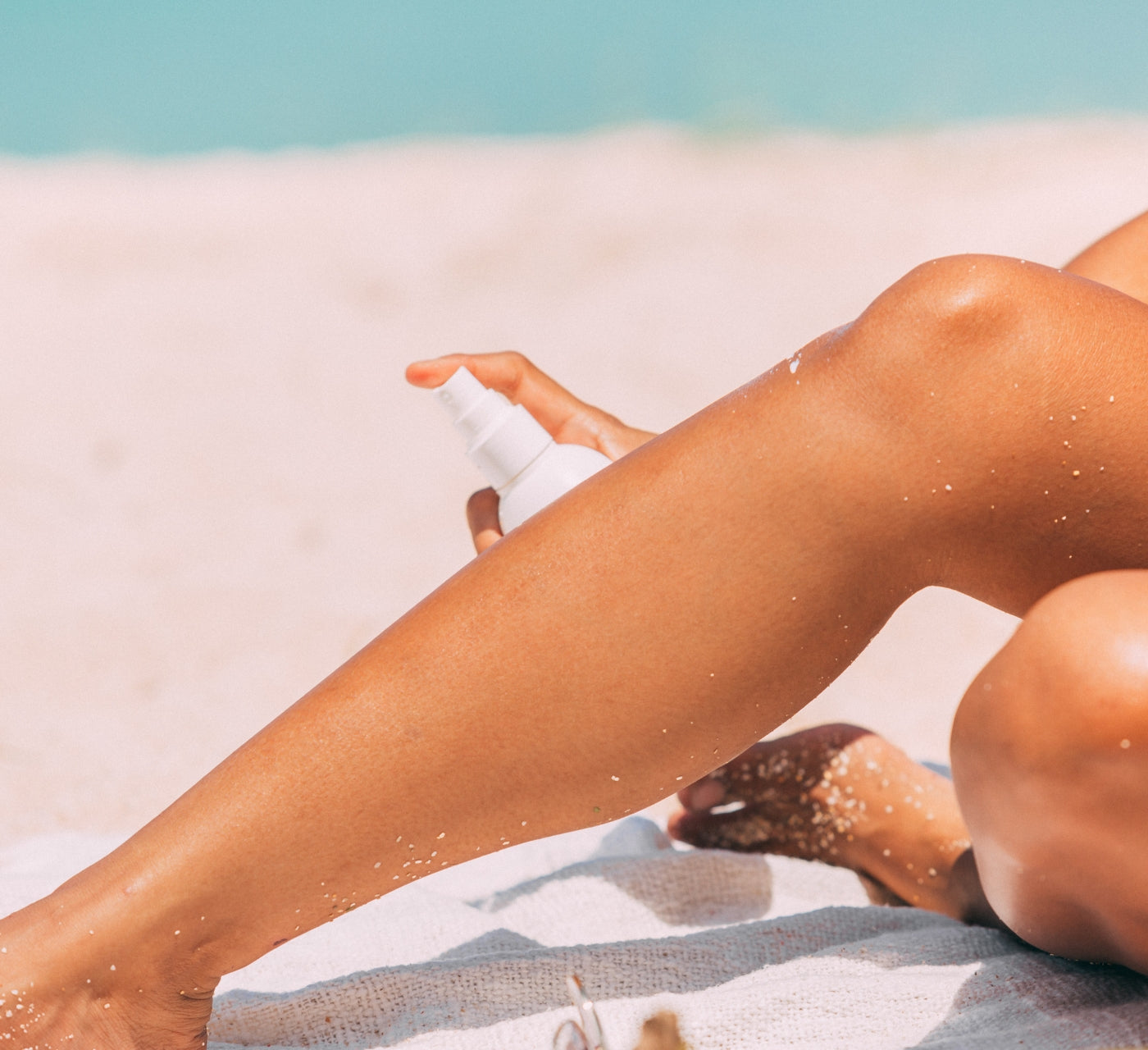
All the keys to taking care of skin with rosacea
Rosacea is a common and chronic disease that affects the face, causing redness and other complications. Its difficult treatment and the lack of knowledge about its exact causes makes it a real burden for many of those who suffer from it, and can even affect their mood. At theCosmethics we are going to talk to you a little about this disease and give you some tips for good care of skin that suffers from rosacea, since with some guidelines it can be kept quite controlled.

What is rosacea?
Rosacea is a chronic skin disease, which occurs continuously or with outbreaks and exacerbations. Redness of the facial skin occurs, and may also present swelling, pimples, pustules and even infection.
People who suffer from it feel an intense burning and/or itching sensation.
In many cases it is also associated with ocular symptoms such as redness , itching or dryness . It can also be seen associated with acne or seborrhea.
It does not cause redness or burning on the scalp or ears, since it is exclusive to the face . That is why in those cases we have to rule out other problems.
Who suffers from it?
It is estimated that about 45 million people in the world suffer from rosacea. In any case, it is a figure that is much more concentrated in light-skinned people.
It affects women 3 times more than men and usually develops between 20 and 60 years of age. It is frequently associated with menopause or is greatly exacerbated by it. It also usually worsens with menstruation or pregnancy .
What is its cause?
The true cause of rosacea is unknown. Although different studies are being carried out that point to different causes, at the moment there are no results that faithfully support any hypothesis. Genetic factors, bacterial infections or endocrine factors could be some of the possibilities.
Although the true root of this problem is not known, there are certain factors that make the situation worse. High temperatures, alcohol consumption, stress, certain foods or ultraviolet radiation are some of the most important.
How is it treated?
Since the true cause of rosacea is not known, there is no specific treatment for the problem. The different medical resources applied try to alleviate the symptoms of the disease and make it more bearable.
When treating and controlling rosacea, the most important factor is individual skin care and knowledge of the problem . It is essential to observe yourself and see in which situations it worsens in order to avoid them. If we also follow certain tips we can see a lot of improvement in our skin:
-
Avoid direct solar radiation and protect the skin with a high factor .
-
Avoid excessive heat. Choose cool times of the day to exercise and avoid making it too intense. Moisturize your skin with a rosacea-specific soothing mist or toner.
-
Control stress . Yoga, meditation or relaxation techniques can be of great help.
-
Avoid very hot showers and baths . You shouldn't take steam baths either. Use a very gentle and soothing cleanser.
-
Avoid very hot, heavy or spicy foods . Don't consume alcohol or caffeine.
-
Take good care of your diet . Eat plenty of fresh fruits and vegetables and avoid blood sugar spikes caused by foods that are too high in carbohydrates (pastries, snacks, bread, dough...). Check to see if there are any foods that you associate with rosacea. Be especially careful with nuts, ripened cheeses, tomatoes or chocolate.
-
Do not use creams or other cosmetics with potentially irritating agents . Alcohol, certain chemicals or even some oils could further damage your skin. Use a cream that is as natural as possible and always indicated for very sensitive skin. At night try using a soothing oil or aserum specifically for redness and rosacea.
-
Observe and write down the situations in which the problem worsens : stress, medications, diet, etc. It will be of great help in self-control of the disease.
Medical treatments can also be used to control it or for more serious cases. In any case, these treatments have adverse effects and can only be prescribed by a doctor. Topical or oral antibiotics in some cases improve the disease, especially when it is associated with acne or presents pustules and signs of infection. It may also respond to the use of oral contraceptives or isotrethionine (Roaccutan).
On the other hand, corticosteroids should NOT be used in medical treatment since although rosacea subsides during treatment, afterwards a worsening of the problem is usually seen, which can be even more difficult to treat.



Leave a comment
This site is protected by hCaptcha and the hCaptcha Privacy Policy and Terms of Service apply.